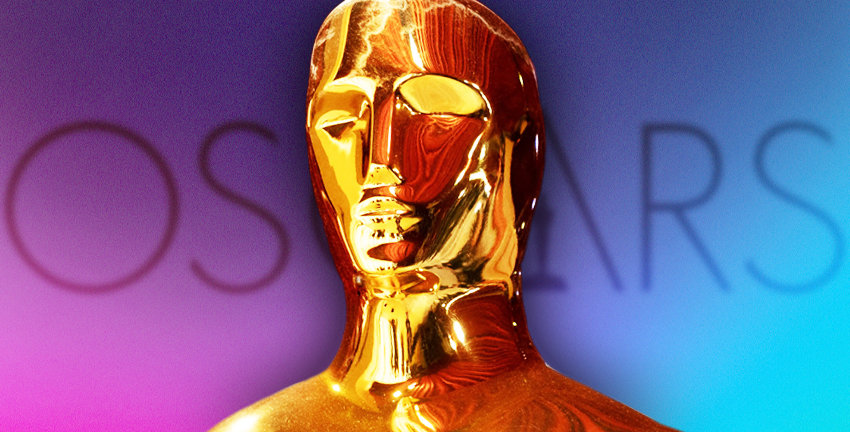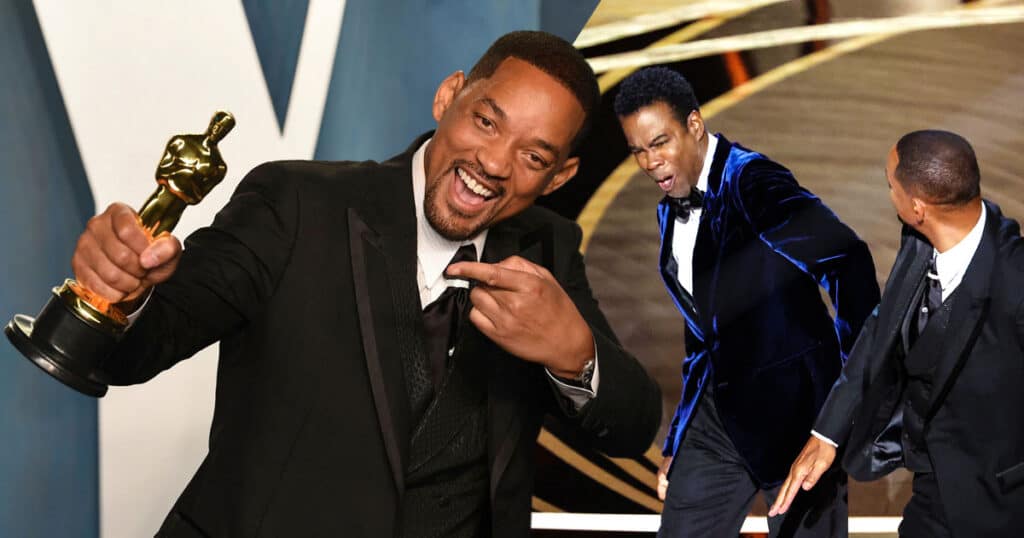

Tomorrow night, ABC is airing The Oscars. Hooray? While I’ll certainly be watching, I must admit that the Oscars have certainly lost their lustre over the years, at least as far as I’m concerned. When I was a kid, the Oscars seemed so much larger than life. I vividly remember every Oscar night being an event as a kid, with the ceremony (more often than not hosted by Billy Crystal) crowning the winners as – in my mind anyway – the kings and queens of Hollywood.
Indeed, it seemed like a movie winning an Oscar was the ultimate judge of a film’s quality. When something like The Silence of the Lambs swept the Oscars, it was as if the movie was being minted as an all-time classic (which it ended up being). However, when the Oscars happen tomorrow, does anyone think a major win will permanently change anyone’s career? When Christopher Nolan inevitably wins his Best Director Oscar, does that change his standing in the industry? I don’t think so. I believe the ultimate judge was the box office in his case. When an R-rated, three-hour movie about the creator of the nuclear bomb makes a billion dollars, you don’t need an Oscar win to cement a reputation.
In that way, the Oscars matter less now than they ever did back in the day. However, if one looks back at the history of the Oscars, one will see that they’ve always been pretty far from perfect and not all that accurate in predicting what would become a classic. Take, for example, Robert Redford’s Ordinary People beating Martin Scorsese’s Raging Bull at the 1981 ceremony. Do people honestly think Ordinary People is a better movie than Raging Bull? Do people even talk about Ordinary People anymore?
Or how about the Oscars in 1986, when Sidney Pollack’s Out of Africa won Best Picture, and Back to the Future, widely considered one of the greatest films of all time, wasn’t even nominated? Do people still really like Out of Africa? It’s a good (if somewhat dull) movie but not a timeless classic. If you take the John Barry score out of it, is it all that great?
Oscar history is full of moments like that. In his recent memoirs, Ed Zwick remembers when Shakespeare in Love (which he was a producer on) beat Saving Private Ryan at the Oscars and feeling embarrassed. Heck, Crash won Best Picture, and it feels like people don’t even really like that movie anymore.
But there’s more to it than just the wrong movies winning. The ceremony and the Academy itself feel phony. Jump back to the pandemic-ravaged 2021 edition. For my money, that was the cringiest Oscars ever, with it infamously ending with the Academy putting the Best Actor award at the end of the ceremony. Why did they do this? The people putting on the ceremony assumed that the late Chadwick Boseman would win for Ma Rainey’s Black Bottom and that his win would end the show on this massive emotional crescendo. It didn’t happen, with Anthony Hopkins winning (deservedly) for The Father and not even being there to collect his trophy. It was such a vast anti-climax, but the whole thing left a bad taste in my mouth, as it felt like the producers (one of whom was Steven Soderbergh) were trying to manipulate the ceremony into this uplifting kind of narrative, which is what it shouldn’t be.
Let’s also not forget that just a few months before this, the Academy implemented the controversial inclusion standards, which left a bad taste in the mouths of many as it warned a film not adhering to these standards would be ineligible for an Oscar nomination beginning with the 2024 ceremony. That’s actually this year’s ceremony, and as far as I know, no movie in the award conversation was deemed ineligible.
Nevertheless, should the Academy be taking the moral high ground like this? It’s hard to say, but for me, the Academy has always seemed preoccupied with its image rather than its intended purpose, which is to elevate and award excellence in film. Let’s not forget that for a good twenty-year stretch, the Oscars essentially became the Harvey Weinstein show. No one had any qualms about awarding his movies over and over, even when his long-standing abuse of women (and his employees) was common knowledge all over town. The same thing goes for the notoriously abusive Scott Rudin. There’s something so superficial and performative about The Academy as a whole, and when they’re put to a real test, they can’t help but come up short.

How so? I can’t help but remember the infamous Oscar slap, which I think led to the most grotesque moment in Academy history. Moments after we all had to watch Will Smith slap Chris Rock for perhaps the mildest joke in Oscar history, we saw him get a standing ovation when he won Best Actor for King Richard. Never mind that we had literally just watched him assault someone. All was forgotten (or rather ignored) in moments so that the show could go on. Whoever was in charge that night should have asked Smith to leave the ceremony when he hit Rock, but they did nothing as no one wanted to rock the boat. The next day, they tried to retake the moral high ground by suspending Smith from the ceremony for ten years, but does anyone think that will hold? I say this while acknowledging that Smith is human and, like all of us, made a mistake. It shouldn’t define his career after the fact. The time to address it was the night of the ceremony, and all involved failed spectacularly.
All this demystifies the Academy, doesn’t it? While I think this year’s crop of nominees is terrific, to me, the Oscars only symbolize one thing: Hollywood patting itself on the back. That’s all well and good, but for me, the mystique of the Oscars wore off a long time ago, and I’m curious about how our readers feel (make sure to let us know in the comments). Do the Oscars still matter? For me, they don’t really – even if I’ll still be watching the show.
The post The Oscars: Do They Even Matter Anymore? appeared first on JoBlo.
Leave a Reply